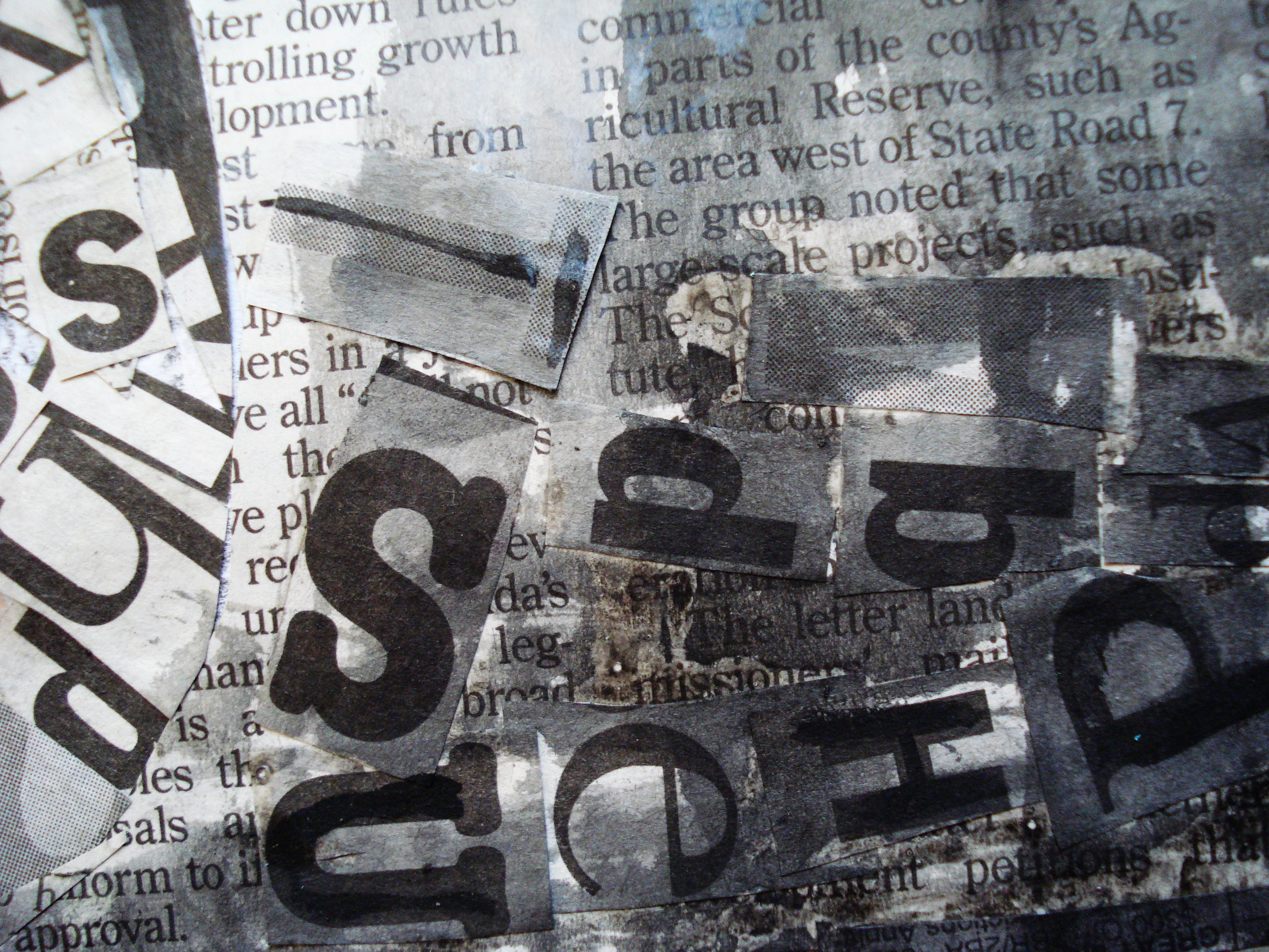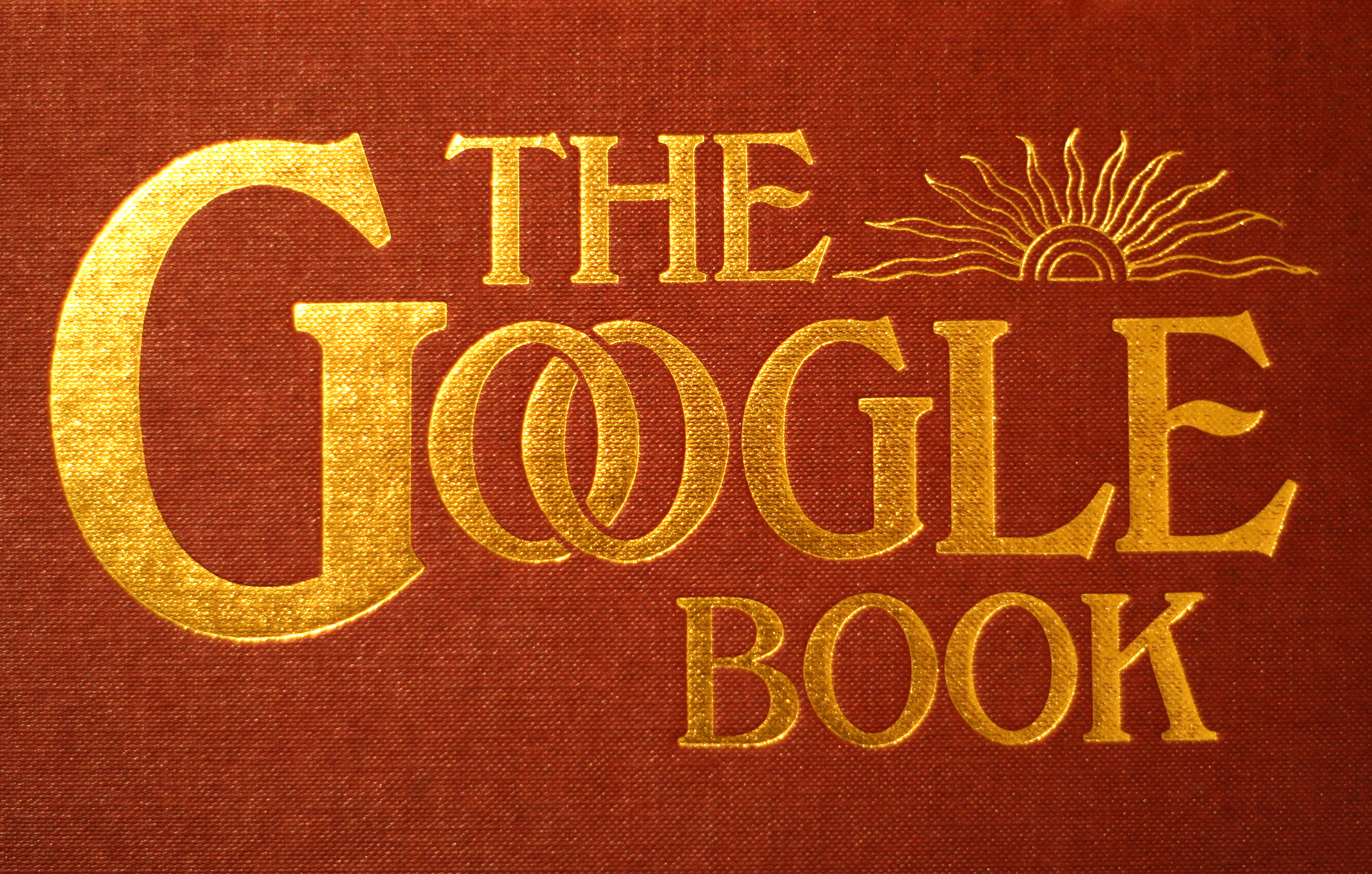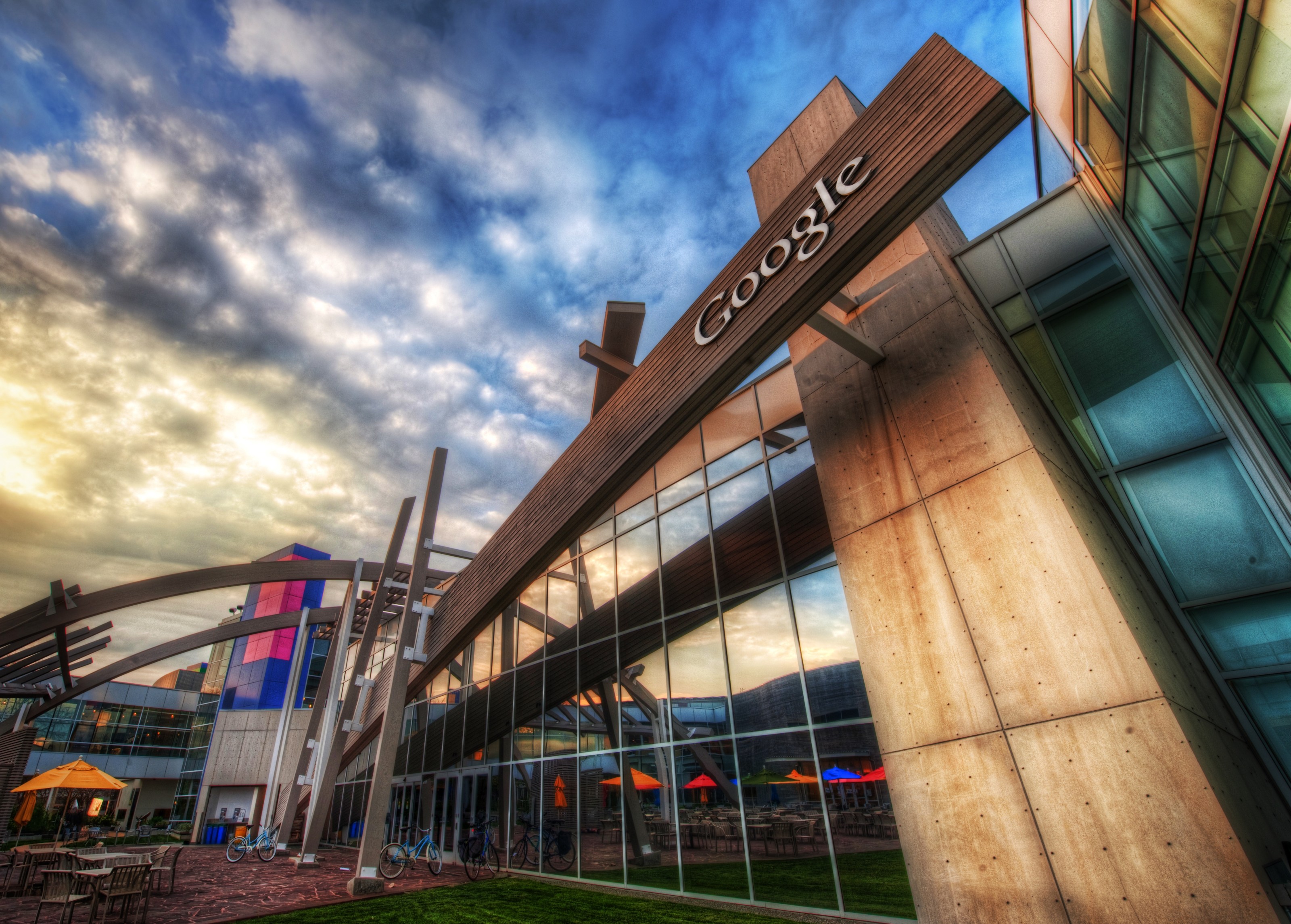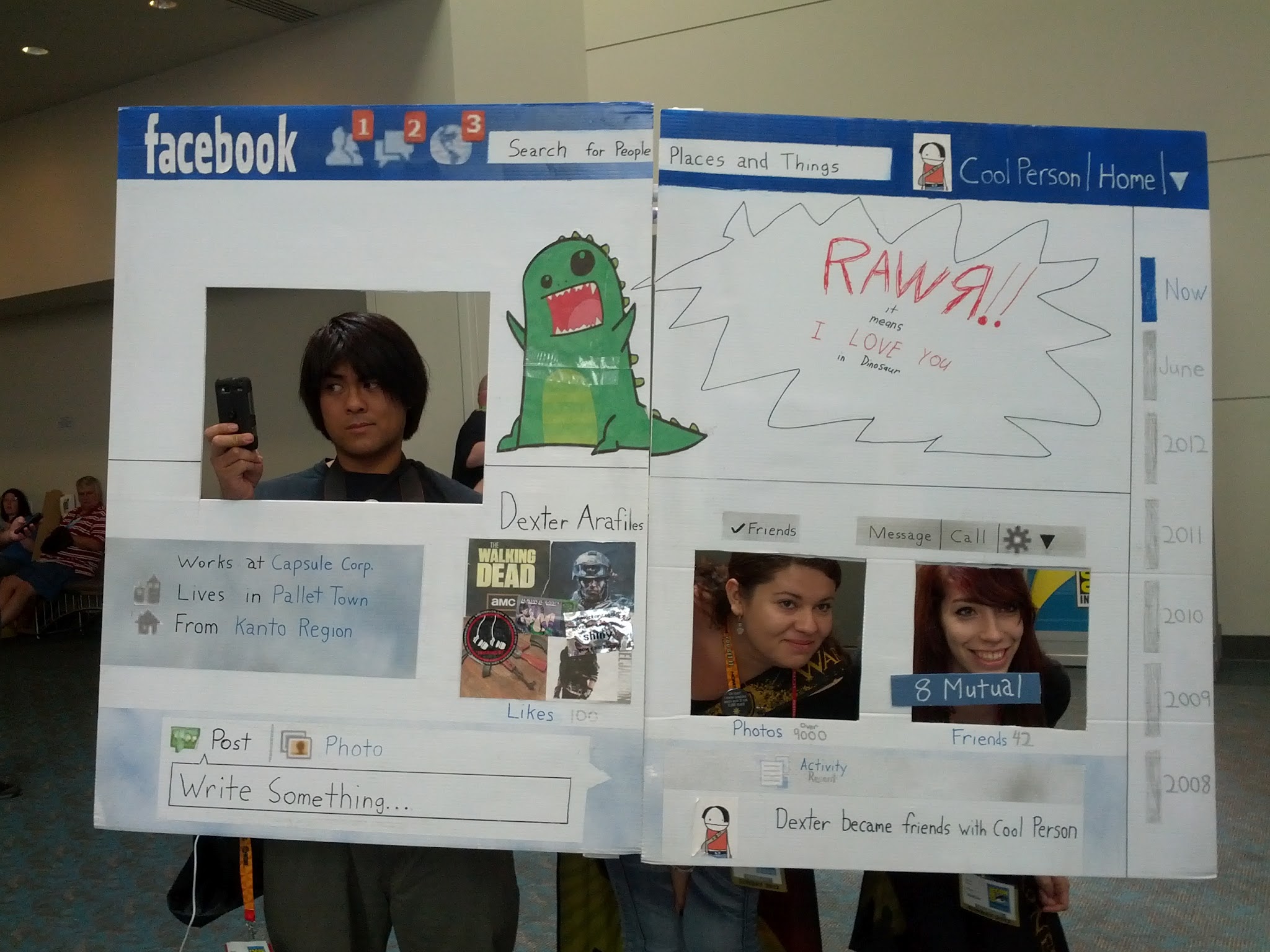Serialization of my ebook Responsible Reporting: Field Guide for Bloggers, Journalists, and Other Online News Gatherers, resumes following a three-week hiatus. Two sections behind us, we come to the final one. What came before: Foreward; Section 1, Chapters I and II, III and IV, V and VI; Section 2, Chapters I, II, III, IV, and V.
The book published in Spring 2014, and all information herein was current then and nearly all of it is still relevant today. The first two sections build up to the third, and I strongly encourage you start at the beginning and read through the previous 10 chapters plus one before continuing.










